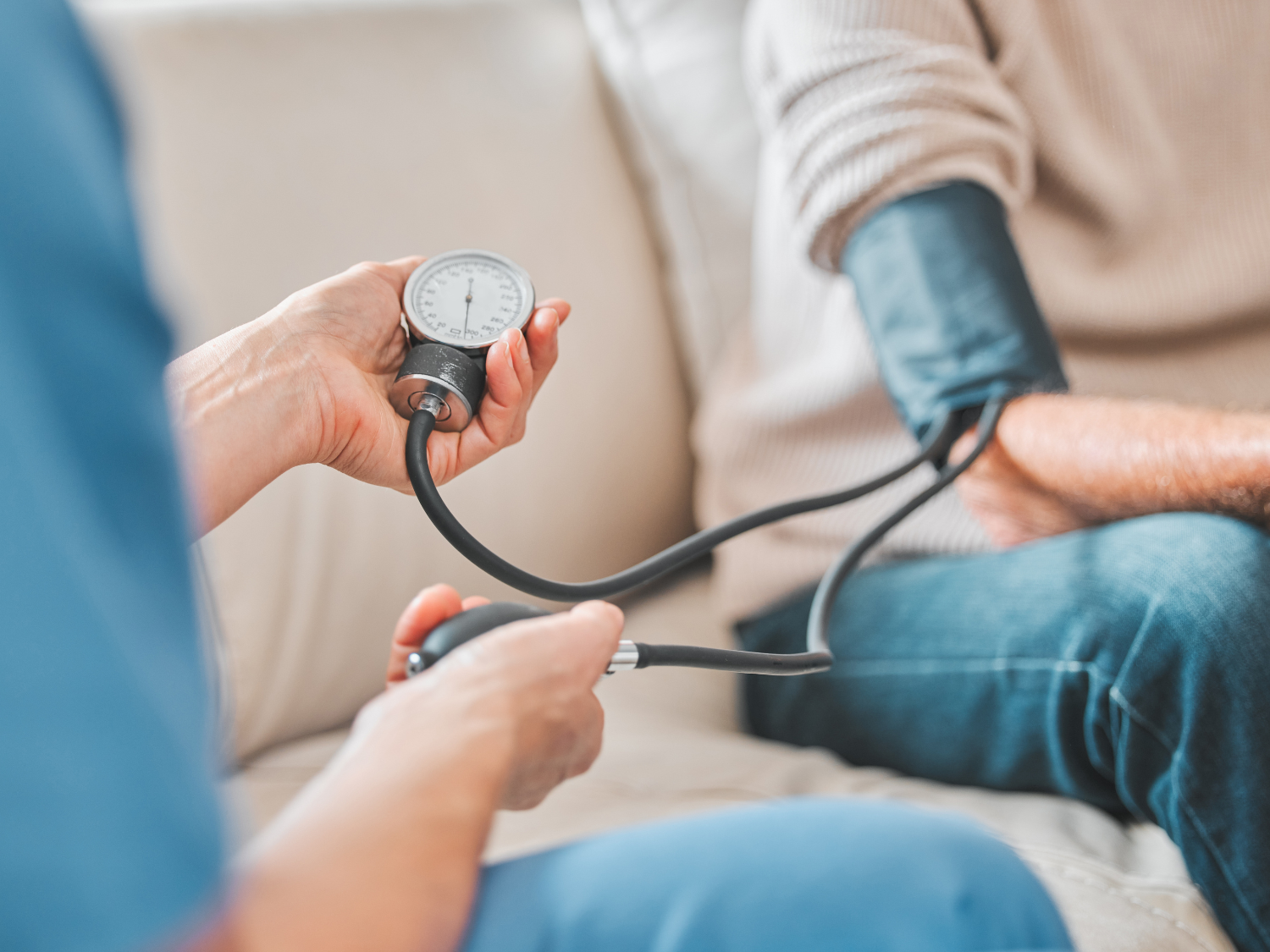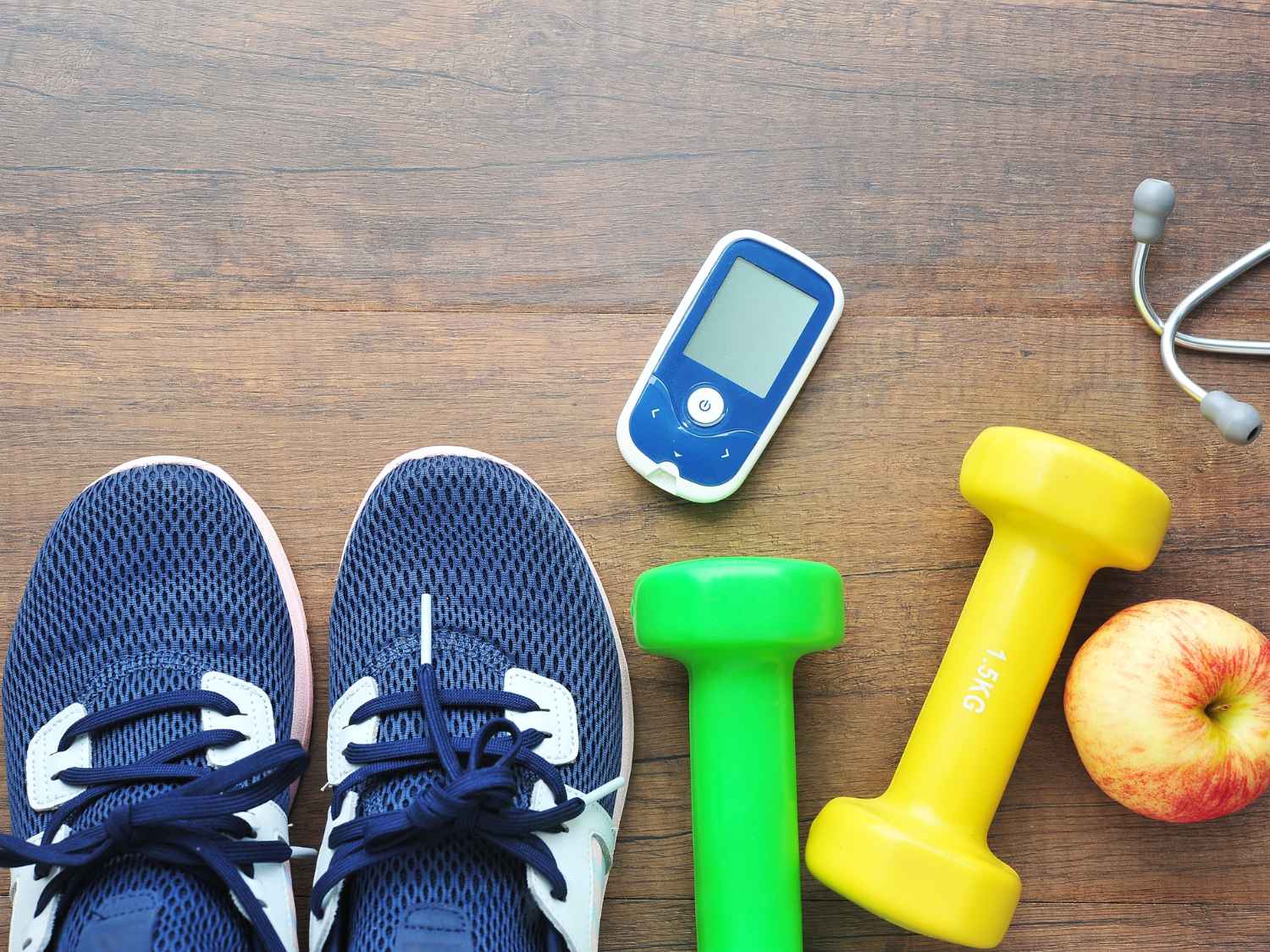Healthy Living
How to Recognize Burnout and What You Can Do About It
21 July 2025
When you're juggling work, family, relationships, and responsibilities, stress can feel like a constant companion. And while a little stress can be motivating, too much of it can take a big toll on your mental, emotional, and physical well-being, especially over time, and that's where burnout comes in.
Burnout is more than just being tired. It's a state of total exhaustion that can leave you feeling disconnected, overwhelmed, and unsure how to move forward. But here's the good news: once you recognize the signs of burnout, there are ways to take action and protect your well-being.
What Is Burnout?
Burnout is a response to prolonged stress, especially when the demands placed on you feel greater than your ability to manage them. It can affect anyone, regardless of their job, role, or lifestyle. In fact, burnout can show up in both work and home settings, and it often affects people who are highly committed to what they do.
How to Spot the Signs
Burnout shows up differently for everyone, but there are some common signs, like fatigue that doesn't go away or changes in sleeping or eating patterns.
There are also emotional signs, including feeling helpless or defeated, a loss of motivation, decreased sense of satisfaction, cynicism or detachment, or feeling alone or disconnected.
Other than the physical and emotional signs, burnout often comes with changes in behavior, like withdrawing from responsibilities or relationships, procrastination or missing deadlines altogether, outbursts of frustration, or using substances (alcohol, food, drugs) to cope.
If any of this sounds familiar, you're not alone, and there are steps you can take to feel better.
What Causes Burnout?
Burnout isn't caused by one thing, but it's usually a combination of factors from work, lifestyle, and personality.
Burnout at work (sometimes called job burnout) can happen when the demands of your role consistently outweigh your capacity. If you find yourself asking questions like:
"Does my work even matter?”
"Why do I feel so tired even before I start the day?"
"How come I no longer feel like myself?"
…it may be time to pause and take inventory of your mental health.
Job burnout isn't a medical diagnosis, but it is very real. Left unaddressed, it can lead to serious health problems such as depression, anxiety, high blood pressure, and heart disease.
How to Prevent and Recover from Burnout
Burnout won't go away on its own, but there are ways to find relief and restore your sense of balance.
1. Ask for help.
Talk to someone you trust, like a friend, family member, or coworker. If you're a Providence Health Plan member, you also have access to mental health support and care navigation. Don't wait until things feel unmanageable.
2. Reframe your expectations.
Take time to revisit your priorities. Not everything needs to be urgent. Taking a break, saying no, or scaling back is not a sign of weakness; it's an act of care.
3. Build small daily habits.
Even small changes can help reduce stress and improve resilience. Consider taking a 10-minute technology-free walk, trying to get to sleep earlier, taking time for a morning stretch, or practicing some simple breathwork. These little things can go a long way.
4. Set boundaries.
If possible, adjust your workload or ask for flexible scheduling. Create moments in your day that are just for you. Even just five quiet minutes can help reset your nervous system.
5. Practice mindfulness.
Mindfulness doesn't require hours of meditation. It can be as simple as noticing your breath or naming your emotions in the moment. These practices help reduce emotional reactivity and increase focus.
Health is more than avoiding illness – it's about helping every person live with purpose, clarity, and connection. If you're a member, our Care Management team is here to support your journey. We offer behavioral health services, chronic condition support, and 24/7 resources to help you take the next step.



